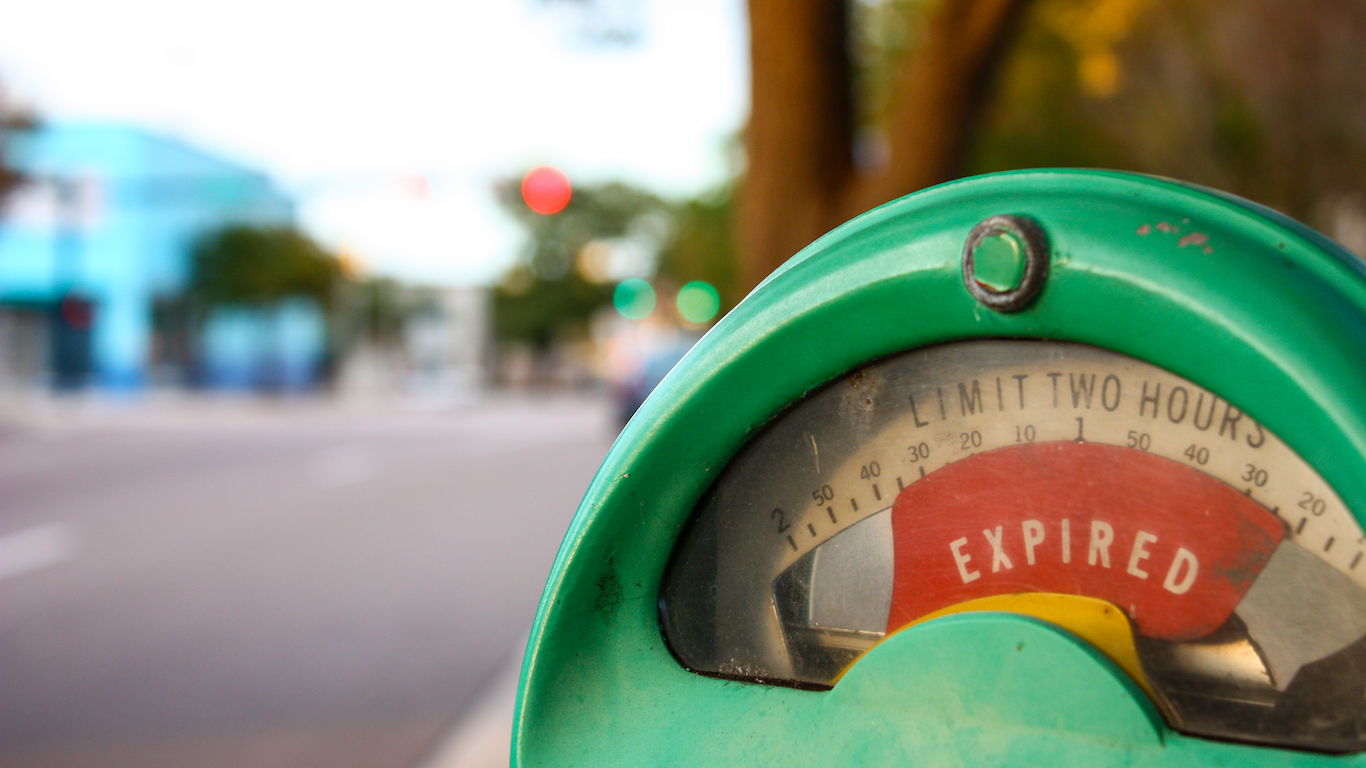Does Term Life Insurance Expire?
If you are in the market for life insurance, you’ll have to make the choice between temporary (term life) and permanent (whole or universal life) coverage. And if you choose to go the term coverage route, there’s something important you need to prepare for — the policy won’t last forever.
As the name implies, term life insurance is intended to protect you and your loved ones for a defined period of time, or policy term. So, what happens when your coverage ends, and how can you ensure that your family is protected for as long as necessary?
When Term Life Insurance Ends
There are a few different circumstances that can mark the end of your term life insurance coverage.
You Stop Paying Premiums
As with most financial services or products, if you stop paying your life insurance premiums, your coverage will inevitably end.
Certain permanent life insurance policies build a cash value over time. With those policies, your cash value can sometimes be used to cover premiums if you miss payments. However, since term life insurance does not build a cash value, coverage is usually cancelled once payments are missed, after a certain prespecified grace period (typically 30 days).
Coverage Expires at the End of Your Term
When you purchase a term life insurance policy, you will choose both your coverage limit and your term length. The policy length you pick — which is generally somewhere between five and 30 years — dictates when your coverage concludes.
You’ll know the expiration date of your policy from the moment it’s issued, so you can plan ahead accordingly.
Can’t decide how long you need life insurance coverage? Fiona, in partnership with LeapLife, can help you shop around for an affordable policy, whether you’re looking for term or permanent life insurance.GET QUOTESCoverage Expires at a Certain Age
Some life insurance carriers will only offer term coverage up to a certain age. You won’t be able to buy a policy past that age, and once you hit that point, your coverage will end. With some carriers, coverage can end as early as your 70s, while others give you the ability to buy coverage (or renew policies) into your 90s.
Coverage Ends When the Policy Benefit is Paid Out
Life insurance is one of those products that we buy, but hope to never use. In the event your policy’s total benefit is paid out — whether you pass away, or because you are diagnosed with a terminal or chronic illness (such as cancer) and utilized an accelerated benefit option — your coverage will end following that payout.
If you request an accelerated death benefit for only a portion of your policy’s coverage amount, the remaining coverage will stay in effect until you pass away or your policy expires, whichever comes first. If you withdraw the policy’s full benefit, however, the policy simply ends.
What If I Still Need Coverage?
So, what happens if you reach the end of your life insurance policy’s coverage term and decide that you still need additional protection? Here are a few options.
Convert to Whole Life
Before your policy expires, you may have the option to convert to whole life coverage. While this may be more expensive than your term policy, it will provide your loved ones with permanent protection.
Contact your insurance carrier and read through your policy agreement to see what your options are. In some cases, you would have needed to opt in for a whole life conversion rider when buying your original policy, while in other cases, converting to whole life is a simple option available to many policyholders.
Furthermore, you may or may not be required to submit to a paramedical exam when converting your policy from term to whole life.
Renew Coverage
Some carriers offer renewability on term life insurance. This allows you to renew your policy at its expiration date, for another year or more. Often, renewing a term policy comes with higher premiums. However, it can be a good option if your coverage needs haven’t ended and you seek to extend your term for a desired time period.
Apply for a New Policy
Depending on your age, health conditions, and coverage needs, you may be able to apply for a new term life insurance policy after your original one expires. This will likely come at a higher cost and will generally involve an entire new underwriting process (application, medical exam, etc.).
Bottom Line
When you purchase a term life insurance policy, it’s with the understanding that this coverage won’t last forever. Before you buy, consider whether a permanent (whole or universal) life policy is actually the better choice for your unique situation.
If you reach the end of your policy term and decide that you still need coverage, there are multiple options to ensure that your loved ones are always financially protected. And if you need guidance in building a policy that secures your family’s future, Fiona (in partnership with LeapLife) is always here to help.
You might also be interested in
Disclaimer: The material provided on this site is not intended to provide legal, investment, or financial advice or to indicate the suitability of any Engine by MoneyLion product or service to your unique circumstances. For specific advice about your unique circumstances, you may wish to consult a qualified professional. Any information or statistical data sourced by Engine by MoneyLion through hyperlinks, from third-party websites, are provided for informational purposes only. While Engine by MoneyLion finds these sources to be accurate, it does not endorse or guarantee any third-party content.
